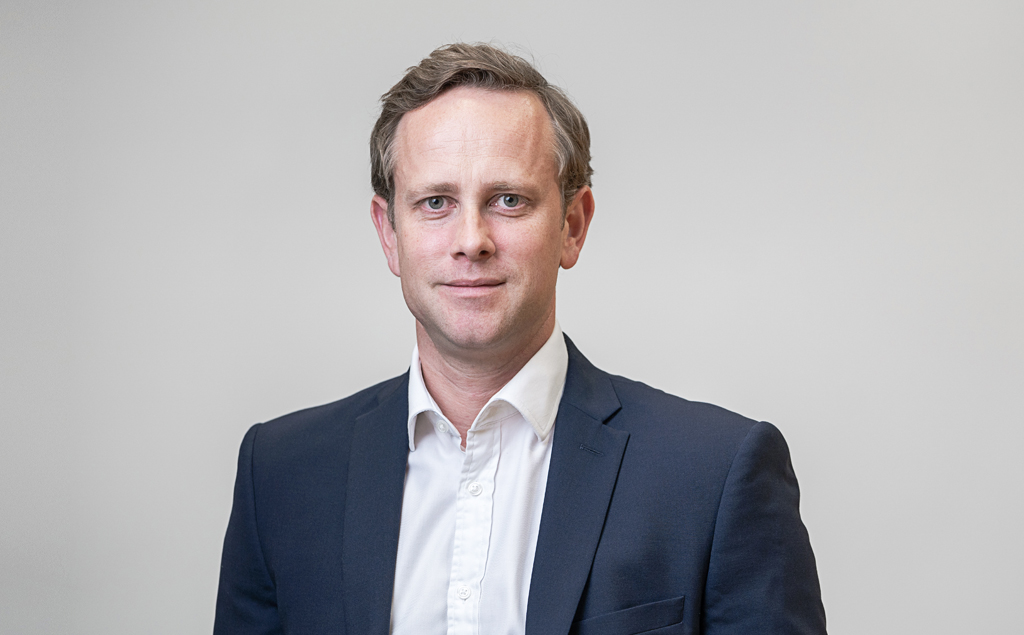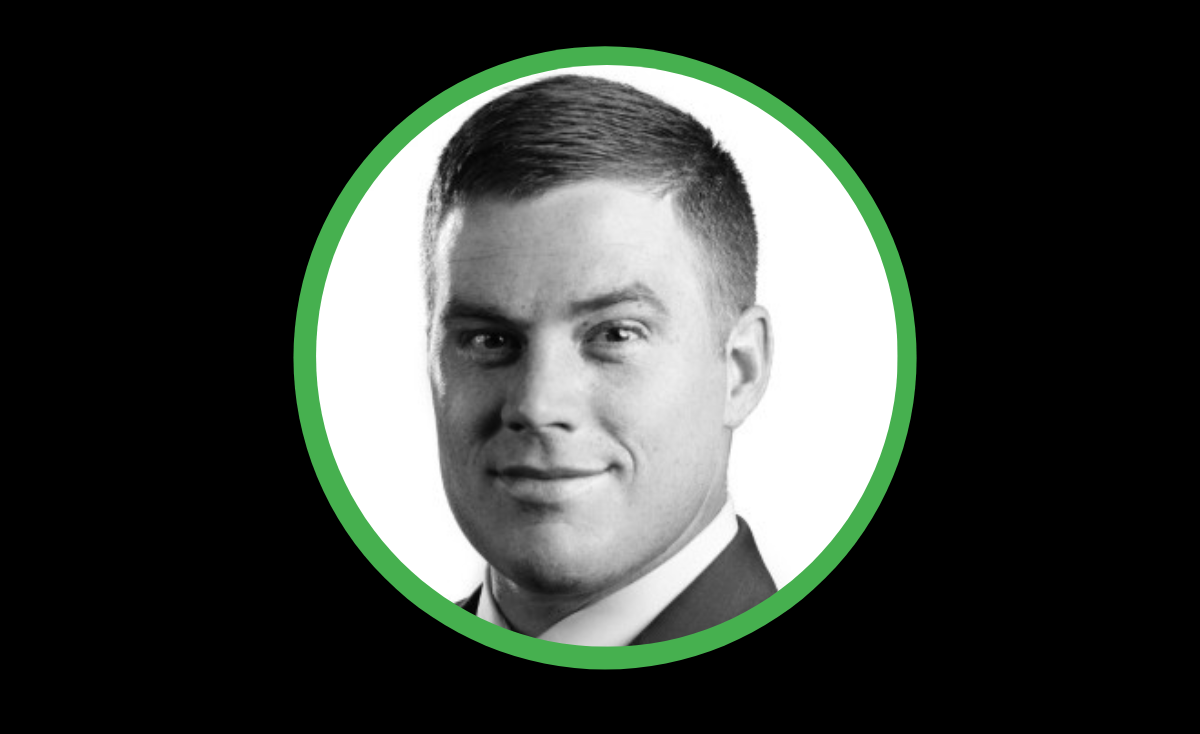 Chris Taylor, Chief Operating Officer, at CG Asset Management.
Chris Taylor, Chief Operating Officer, at CG Asset Management.
Andrew Putwain: Your firm operates on an employee ownership trust (EOT). Why is it such a rare occurrence in the financial services sector and then what are the drawbacks and benefits?
Chris Taylor: The structure is relatively new and unknown. The EOT that is most well-known, in the UK, is the one that majority owns department store and supermarket, John Lewis. There may be more in time.
The EOT is the majority owner of the firm and holds its shares for the benefit of all employees. The purpose of the EOT is to allow every employee of the company to benefit from an indirect equity holding and function as co-owner managers of the business. The EOT will receive dividends from its equity stake in the firm and use these to reward the employees.
"Our clients can be confident that the team running their money today will be largely unchanged in ten years; we are not going to get bought by a larger company and become a small part of a much larger machine."
The benefit is that it aligns the staff’s long-term goals with those of the company. There are no incentives for short-termism instead staff will benefit when the company does well, and the company only does well when our clients do well.
It means our clients can be confident that the team running their money today will be largely unchanged in ten years; we are not going to get bought by a larger company and become a small part of a much larger machine. We have performed well as a boutique, running a small number of specialist funds and this structure will allow us to continue doing that.
Andrew: What led the company to go down this route, was it founded this way or adopted over time?
Chris: Peter Spiller and David Brazier founded the company in 2000 and run it on a partnership basis. One of the questions that clients would often ask was about succession planning – what would happen to the business when these leaders retired?
The founding partners were able to sell a majority of their shares in the company to the Employee Ownership Trust on a deferred consideration basis. The EOT pays off the liability and then in time it will be in a position to reward staff using the dividends it receives from its majority stake. The long-term ownership of the company is secure, and staff can make the long-term decisions that are necessary for a successful fund management business.
Andrew: The model has been around a long time but different takes form in different industries and different ways of doing it. Why is it so rare in financial services?
Chris: Launching a fund management business today is very expensive. The systems and controls that are required from day one, and the resource required to get everything off the ground and running in an effective and compliant manner, is so great that, when a new company is formed, it is often the result of a spin-off or a private equity-backed vehicle.
If a company is built around more of a short-term philosophy, it means managers would build the shell of the firm, boost the AUM, and then sell everything to a larger company. They will take the money and move on; that’s not the mindset that we were built with 20 years ago.
An EOT fosters a unique culture, and our employees enjoy being here. Our remaining founder has been running the money for 20 years and has been one of the most successful managers in the city over that time. He has a record built on trust and he does this job because he enjoys it. Why would he want to retire and sell it to a bigger company when he is doing his dream job?
"It encourages long-term thinking on both sides; we can be very generous with our training schemes and professional qualifications as we know employees will be using the skills they have learnt to further their careers here."
Andrew: Talk me through the logistics of an EOT. If someone joins as the office junior, the receptionist or nineteen-year-old school leaver who is going to be with the company for several years as they try and build up industry qualifications - what do they have to do to get into the EOT and what do they get out of it over their time in the company?
Chris: Everybody is eligible from the moment they join the firm.
One of the criteria that determines the level of benefit received from the EOT is Length of Service, so employees get greater benefits the longer they stay.
It encourages long-term thinking on both sides; we can be very generous with our training schemes and professional qualifications as we know employees will be using the skills they have learnt to further their careers here. The firm will reap the benefits of their efforts and through the EOT our colleagues will be rewarded as well.
If you are a nineteen-year-old candidate, and you want to develop, you will focus on where you will be in five years rather than what you are doing or earning now. You will have progressed, sat industry exams, and taken on additional responsibilities and our structure can give them a clear illustration of how that time spent will be rewarded. It takes some of the ambiguity out for them.
"The purpose of our funds is for an investor to put their entire investable wealth in our funds and know that it is in safe hands. If you bring someone in as an analyst they look at that and understand the structure."
Andrew: To juxtapose this you have a high-flying candidate come for an interview, and they are unsure about the EOT because it might make them feel tied down. What would be your reaction to that? Have you ever had to talk them into it, or do you move on?
Chris: A benefit of the EOT is those people are not going to apply for a role here. The funds we manage have long term horizons and so does the firm, we want like-minded colleagues. If someone has a single task to perform and no interest in joining then they could be employed as a consultant but the long-term benefits of the EOT wouldn’t be for them.
The purpose of our funds is for an investor to put their entire investable wealth in our funds and know that it is in safe hands. If you bring someone in as an analyst they look at that and understand the structure. If they can’t look at the economics of their decisions then other candidates will be a better fit.
Please Sign In or Register to leave a Comment.
SUBSCRIBE
Get the recent popular stories straight into your inbox




